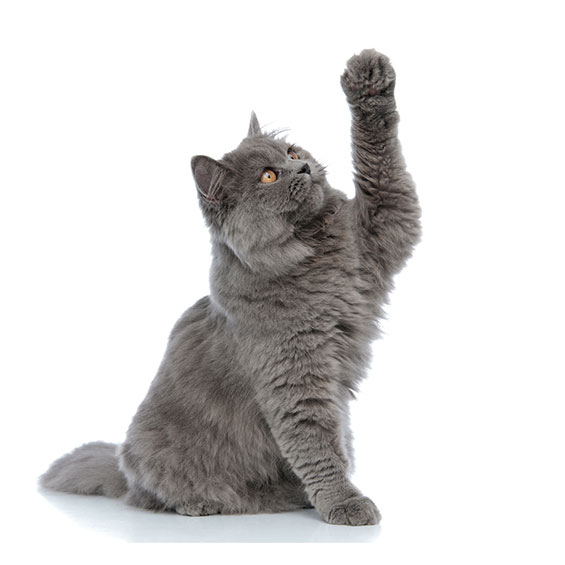During dental month we tend to focus on our domestic pets, but did you know that other animals such as alpacas, goats and sheep can also suffer from dental disease?
Goats, sheep and alpacas do not have upper incisors, they have lower incisor teeth and an upper fleshy pad, they use their lips and teeth and tongue to pick up their feed, then chew it with their rear teeth.
Common problems that we identify:
Loss of lower incisors – the lower incisors often fall out as sheep and goats age. At this stage they may be referred to as ‘broken mouthed’. Loss of these teeth may reduce the ability of affected animals to pick up feed, and as a result of this they may need more supplementary feed in order to maintain a healthy body condition.
Tooth root infection – this has the potential to cause pain. Severe infections can result in visible thickening or swelling of the jaw bone and it is also possibly secondary jaw fractures may develop. Low grade infections may be difficult to detect but should be considered if weight loss in the absence of other causes such as a parasite burden is detected. Sedation may be required to allow examination of the rear teeth, and for valuable animals x-rays of the bones of the jaw could be considered.
Poor tooth alignment – this is seen reasonably commonly in alpacas, where the lower teeth protrude beyond the upper pad. This has the potential to decrease their efficiency when grazing. Some animals may benefit from having the overgrown teeth trimmed back until they are aligned with the upper pad. Sedation is usually required for this procedure.
For further information please contact us on 436 1644



